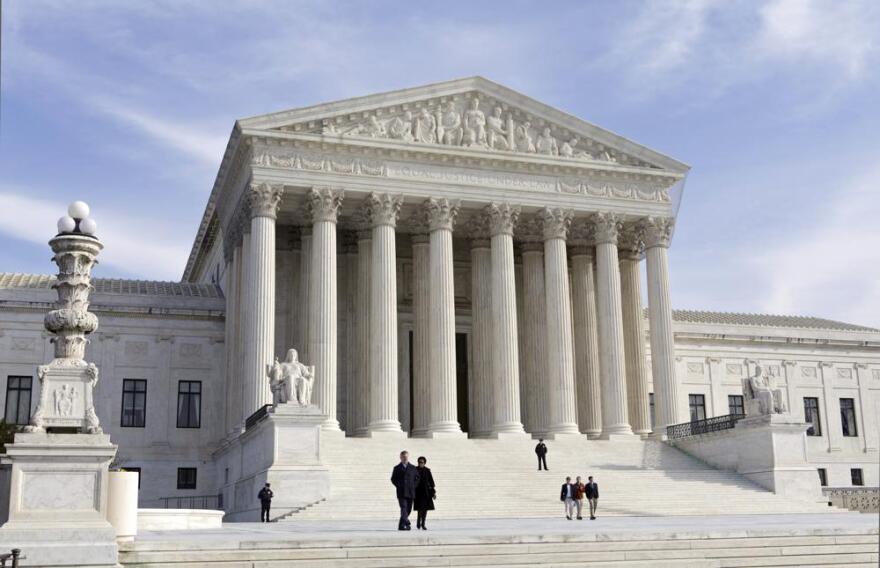The recently leaked draft U.S. Supreme Court opinion overturning Roe versus Wade would upend five decades of legal precedent relating to reproductive rights. In Arizona, where fewer than 20 locations offer abortions statewide, providers are facing significant restrictions and even a potential outright ban on the procedure. Some organizations are even looking out of state for options to continue abortion access for residents. KNAU’s Ryan Heinsius spoke with Planned Parenthood Arizona’s president and CEO Brittany Fonteno about how the possible court decision could affect heath care in the state.
Ryan Heinsius: If the U.S. Supreme Court does in fact overturn Roe, how does that affect Arizona? What scenario does Planned Parenthood foresee?
Brittany Fonteno: Here in Arizona, we are one of 26 states in the United States that are poised to either completely eliminate access to abortion or at least highly restrict it. And so, this will have a significant impact here in Arizona locally. We are preparing for whatever outcome, including the outcome of abortion becoming highly restricted or eliminated. And so, what that looks like for us is making sure that no matter what happens at the Supreme Court or at the State House that our doors still remain open, and that we are providing people sexual health care and information and other reproductive health care as well.
RH: Planned Parenthood has long said that only a small fraction of the care it offers involves abortions. But do you foresee any sort of impact to those non-abortion-related services in a potentially post-Roe world?
BF: The other sexual reproductive health care services that we provide will only become more important, because it’s really about making sure that people have access to the care, information and resources that they need in order to avoid unintended or unwanted pregnancy. So, for example making sure that people have the appropriate birth control method for their bodies and their lifestyles, and making sure that they have the proper medically accurate, evidence-based sex education so that they can make the right decisions for their lives. And so, we are actually foreseeing that we will need to be able to expand our other sexual reproductive health services in a post-Roe world and we’re working really diligently to make that happen.
RH: What communities in Arizona would most be impacted by an overturning of Roe?
BF: We know that there are certain communities that are going to experience much more harm from the potential decision to overturn Roe v. Wade. So, the people who will be most harmed by this decision are people who are at the very center of our response. So, these are Black, Latino, Indigenous and other people of color. Here in Arizona, we have a very large immigrant population so we know that that community will also feel the burden of this. And we know that young people, LGBTQ people people who have unfortunately always encountered so many disparities when it comes to their health care, and barriers to even accessing high-quality and affordable health care. And so, a lot of the disproportionate impact is actually a result of our country’s legacy of racism and discrimination.
RH: I’m wondering that Planned Parenthood’s contingency plan is should Roe be overturned. What happens to scheduled appointments and other planned care, things that are on the books?
BF: First and foremost, we’re going to be focused on continuing to serve our patients. If abortion care and access is completely eliminated then we’re really going to focus on making sure that people have education and know what their rights are, making sure that they have access to information that is factually correct and medically accurate, and then focus on connecting them to care. So, what I mean by that is we have really great new program, it’s a patient navigator program, and our program is focused on making sure that we can connect patients to abortion care either within our state or in other states that are friendly and will maintain access to abortion, for instance, California. And so, our program is designed to not just facilitate the logistical support but also provide financial assistance so that people, no matter what their income level is, will be able to access the care that they need.



